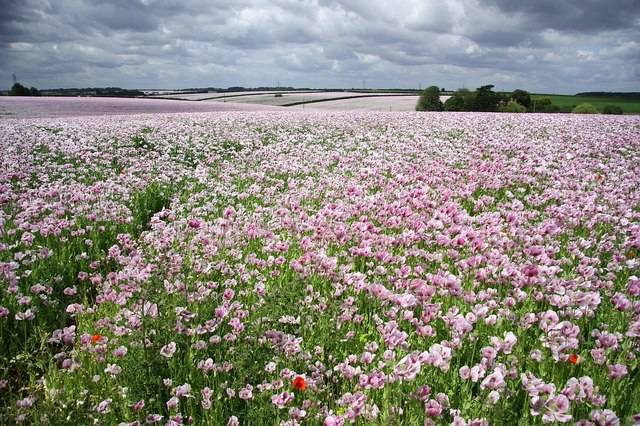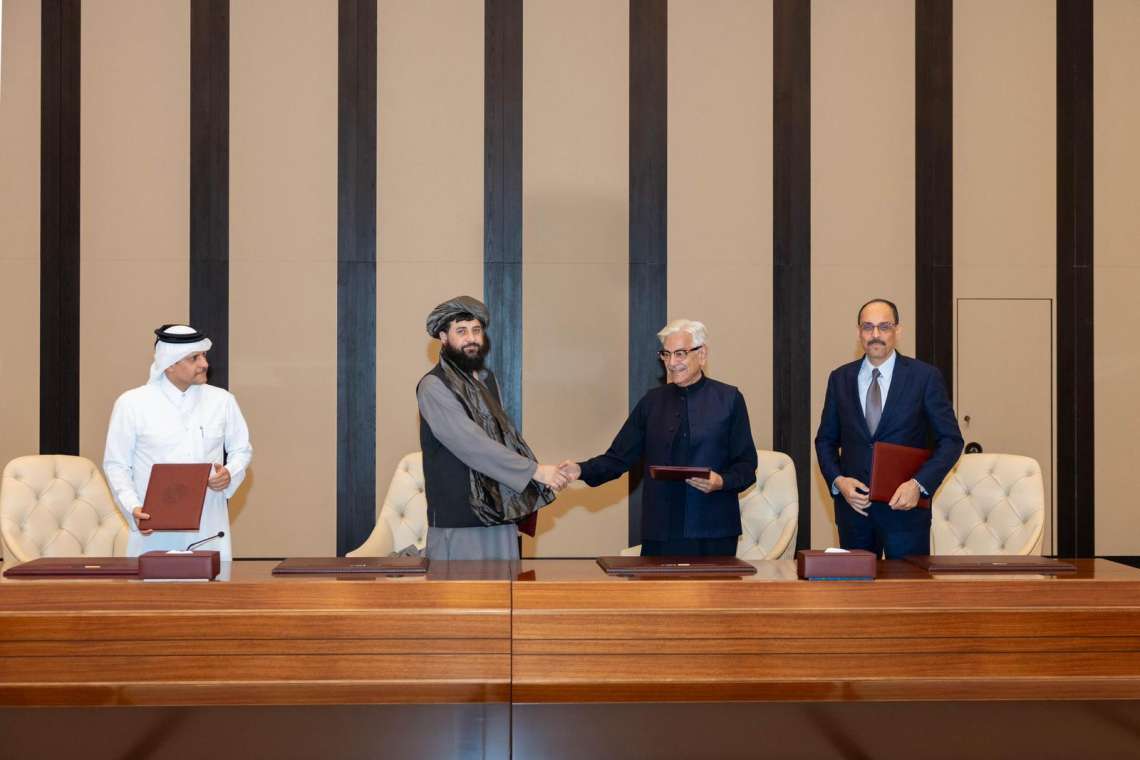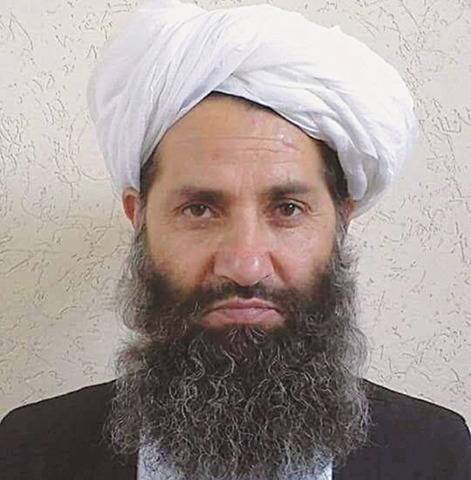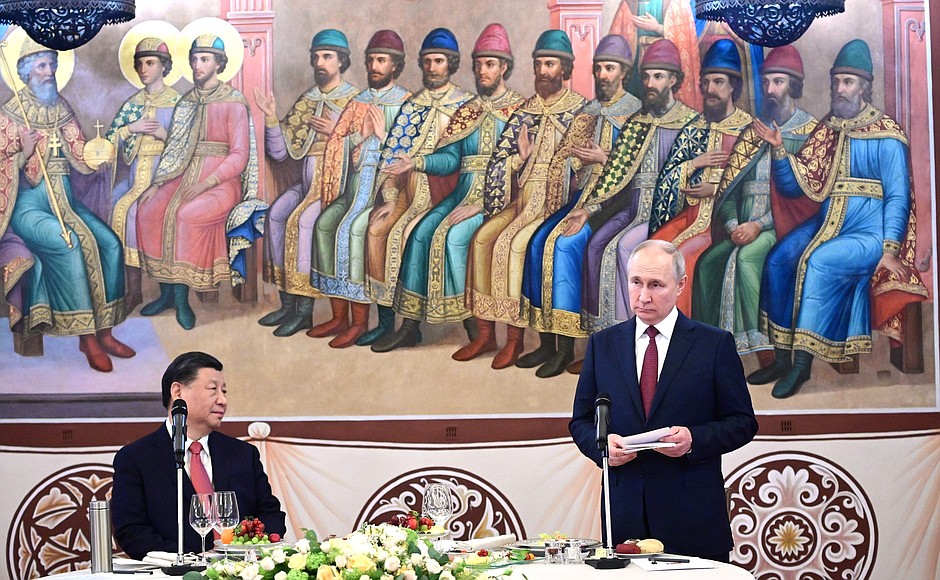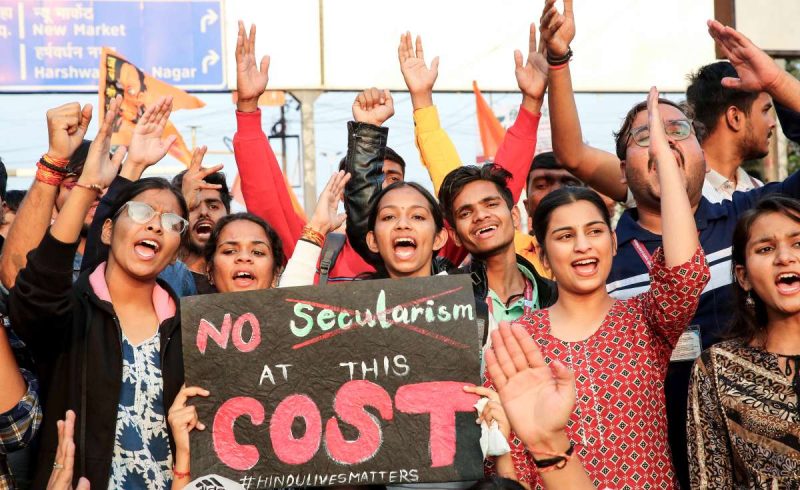Farmers in the country’s south said that the Taliban authorities had destroyed their harvests of poppy….reports Asian Lite News
Afghanistan continued to account for the “majority (80 per cent) of global illicit opium production in 2022,” the United Nations Office on Drugs and Crime (UNODC) said in a report, TOLOnews reported on Monday.
Whereas, in a separate report, UNODC said that Afghanistan is home to an estimated 3.5 million drug users, which account for nearly 10 per cent of the total population. Zabiullah Mujahid, a spokesman for the Taliban, however, refuted the claims and said that no further research on the country’s poppy production had been conducted.
“It has been two years since the cultivation of poppy has been banned. I am sure that even one per cent has not been cultivated, if it was cultivated, it has been eliminated. It means that in 2023 we have absolutely cleaned Afghanistan of cultivation of poppy… the 80 per cent claim is not correct,” he said, according to TOLOnews.
“Since the political change in August 2021, most drug treatment and rehabilitation centres in the country are struggling to remain operational due to resource limitation,” the report said.
“The ban on the cultivation of poppy and production of drugs and its trafficking can happen when there is international monitoring, and this process is being assisted by the international organizations and being practically put into effect,” said Wais Naseri, a political analyst.
While another political analyst, Hassan Haqyar said, “The cultivation and trafficking of drugs has been reduced based on the decree of the Islamic Emirate leader. To eliminate it fully, there is a need for the cooperation of the international community, but unfortunately, the international community has not helped Afghanistan in this regard as it should.”
Farmers in the country’s south said that the Taliban authorities had destroyed their harvests of poppy. They have time and again called on the government to help them by providing alternative crop cultivation.
Recently, Afghan counter-narcotic police have destroyed poppy farms on 123 acre of land in northern Badakhshan province, Provincial Director for Information and Culture Qari Maazudin Ahmadi said.
The illegal crop, according to the official, has been destroyed around the provincial capital Faizabad city and adjoining areas over the past couple of days.
Hundreds of hectares of poppy farms have been smashed across Badakhshan over the past two months, the official said pon Wednesday, adding police won’t allow anyone to cultivate poppy or other illegal crops in the province.
Afghan counter-narcotic police have accelerated the poppy eradication campaign as police personnel has destroyed 80 acre of poppy farms in the northern Jawzjan province since early May, Xinhua news agency reported.
Mullah Hibatullah Akhundzada, the supreme leader of the Afghan caretaker administration, issued a decree in April last year to ban the cultivation of illegal crops, including poppy, and drug processing and trafficking. (ANI)


